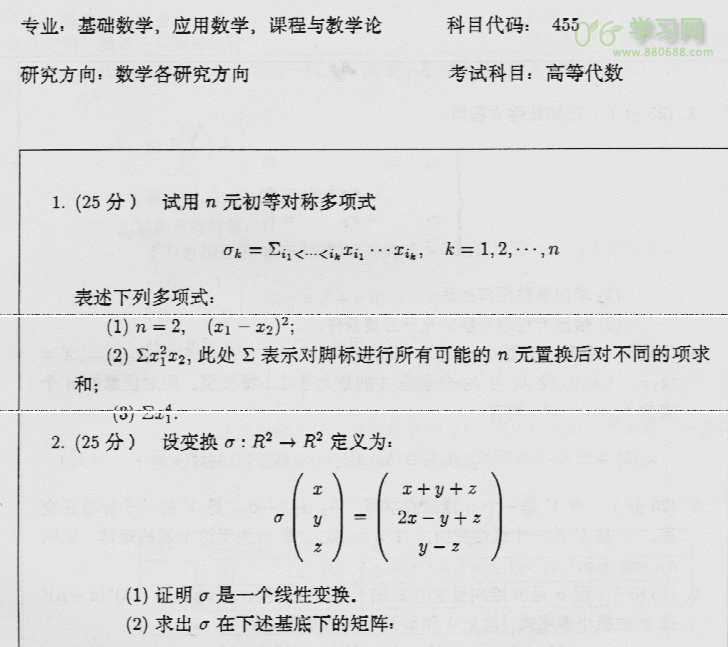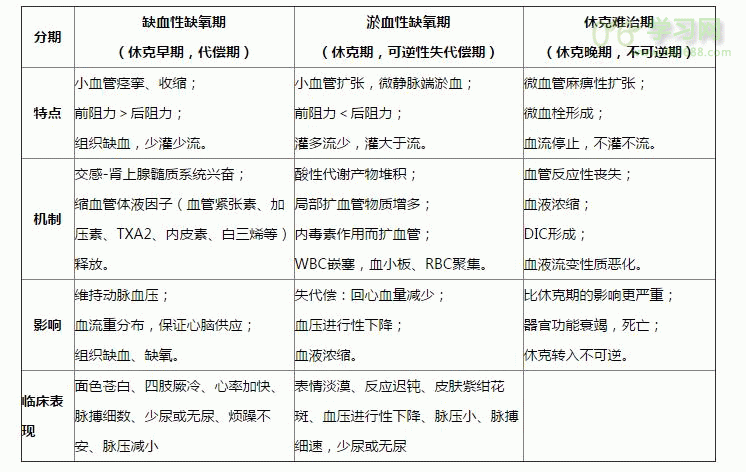毕业季大学生热衷整形,女子大乱斗,维基解密黄菊自杀
本文导航
1、首页2、 参考答案这篇文章主要介绍了2016考研英语阅读练习及答案简析:美加贸易摩擦,希望对你有所帮助。
美国与加拿大的贸易摩擦
It is called softwood, but these days it is producing nothing but hard feelings. Softwood is used to build houses, stuff that in skilled hands changes from a pile of wood into a recognizable home in mere days. In the United States, about 10% of such softwood comes from Canada. But on March 2nd the Department of Commerce announced that it would slap a tariff of around 9% on Canadian softwood. The Americans contend that Canada is subsidizing its timber industry, and dumping wood on to its neighbour for sale at prices that do not cover its production cost.
The Canadians hotly deny this, and the two sides are volleying expertise at each other. “They’ve hired their experts, and we’ve hired ours,阅读到这也许您对http://www.huayuzhi.com/kaoyan/kaoyanfudao/也会感兴趣的,” says John Allan, president of the British Columbia Lumber Trade Council. In Canada the provincial governments own forests, and each province is given considerable freedom in pricing its “stumpage”, as standing trees are oddly called. American critics say the Canadians all but give away those uncut trees. John Perez-Garcia, a professor of forestry at the University of Washington in Seattle, estimates that Canadian logging companies pay as much as 40% less for standing trees than they would if the market set the price.
Not so, retort the Canadians. Dan Evans, manager of log exports for British Columbia’s government, points out that stumpage fees cover only a small portion of what it costs a Canadian company to send lumber across the border. These companies, he says, have to build their own roads, re-forest logged lands, and pay the cost of planning their sales. “We feel we price our timber competitively.” It is worth noting that for years American companies were themselves accused of receiving subsidies; stumpage prices for trees cut down on federal land were long criticized as too low. Then they were quiet on the subject. But now that most American-produced lumber comes from private forests, government subsidies are anathema.
In Seattle, Robb Dunn, president of a chain of ten lumber stores, says his customers will just have to put up with higher prices. Some reckon the tariff will increase new-home prices by as much as $1,300. That may be a bit high; although lumber prices have gone up lately, they are still below the peak reached last summer. And rising interest rates may slow the American housing market, cutting demand.
The two sides hope to continue talks. One way out might be an agreement under which Canada taxes its lumber companies until it reforms its pricing policies to America’s satisfaction. But Mr Allan, for one, is not optimistic. The United States, he says, has not negotiated in good faith: “Its government just can’t get a grip in its timber industry, which is too powerful.”
1. Hard feelings produced by softwood result in _____.
[A] 10% of Canadian softwood comes into America [B] America impose a tax on Canadian softwood
[C] Canada is dumping wood into America [D] Canadian softwood is sold at a subsidized price
2. It is true of Canada that _____.
[A] experts are hired to defend the logging industry [B] the central government sets a uniform price for its forest
[C] the uncut trees are given to logging companies for free [D] logging companies pay 40% of the softwood tariff
3. The word “anathema” (Line 7, Paragraph 3) probably refers to something that are _____.
[A] welcomed [B] hated [C] admitted [D] avoided
4. What can we infer from the text?
[A] Lumber price mainly consists of stumpage fee. [B] Private forests monopolise the Canadian logging market.
[C] Americans apply a double standard in lumber trade. [D] Raising stumpage fees will finally solve the problem.
5. What will probably happen because of this trade war?
[A] Demand for wooden house will fall. [B] Customers will have to pay high prices.
[C] Canada will place higher tax on lumber industry. [D] The U.S. will negotiate the matter sincerely.
本文导航
1、首页2、 参考答案答案:1.B 2.A 3.B 4.C 5.B
核心词汇与超纲词汇
2016年考研英语终极预测模拟试题
2016考研已经迫在眉睫,对于占据考研半壁江山的英语来说,很多小伙伴还是有点头疼。下面分享考研英语终极预测模拟试题。
2016考研英语阅读练习及答案简析:美加贸易摩擦
这篇文章主要介绍了2016考研英语阅读练习及答案简析:美加贸易摩擦,希望对你有所帮助。

 2017考研政治新大纲考试形式和试题结构
2017考研政治新大纲考试形式和试题结构 2017年考研病理学重点介绍
2017年考研病理学重点介绍 考研病理学重点2017年
考研病理学重点2017年 2017考研西病理学重点介绍
2017考研西病理学重点介绍